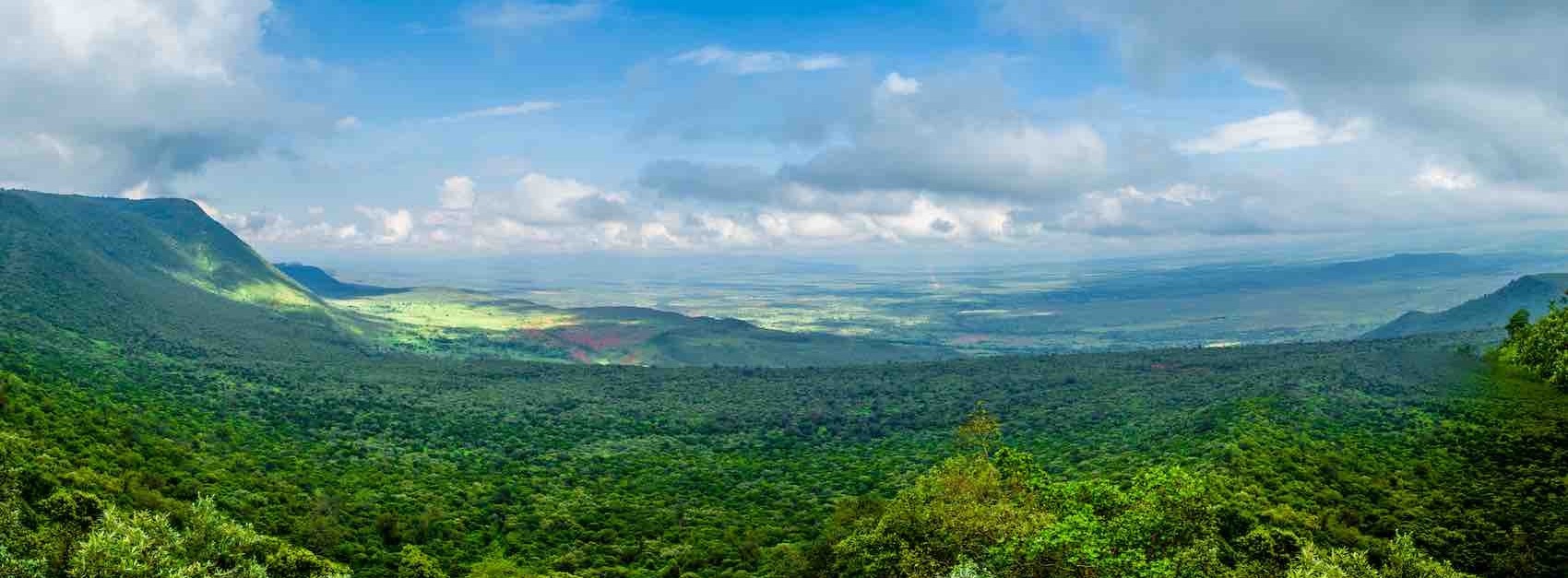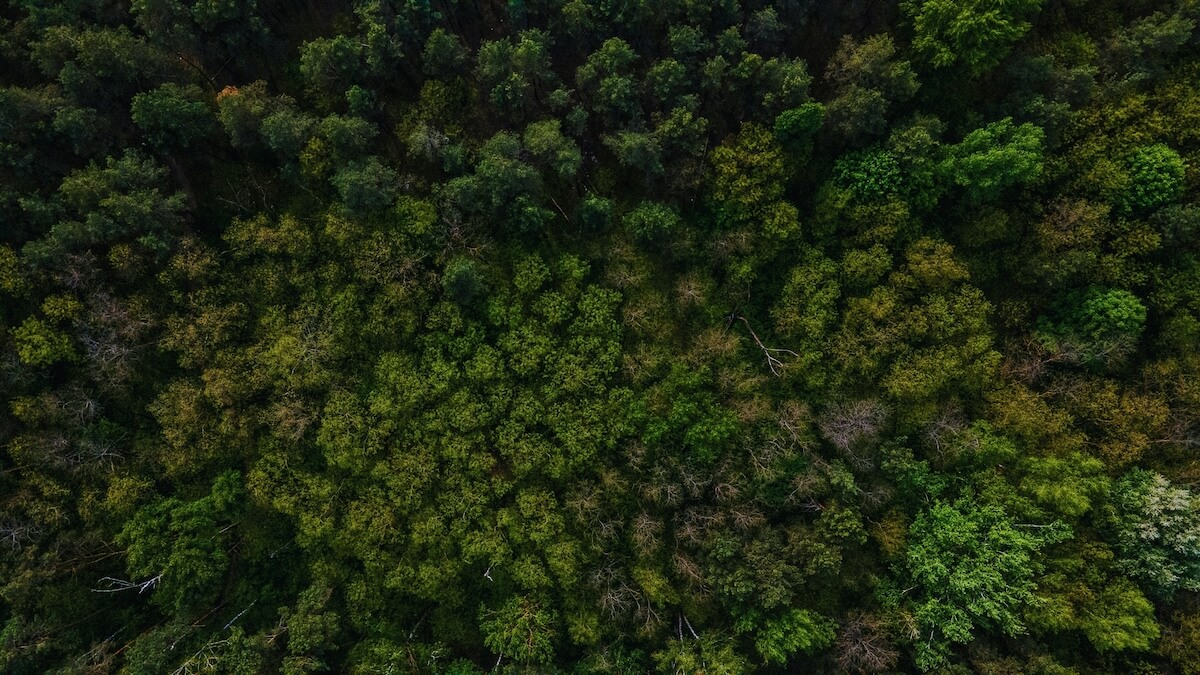ImpactAlpha, August 16 – Africa needs $250 billion a year to finance climate mitigation and adaptation initiatives. Yet the vast continent of nearly 1.5 billion people attracts just $30 billion, or about 2% of global climate funding.
One promising source of climate financing: the $2 billion global market for voluntary carbon credits.
Carbon credits have been criticized for greenwashing and poor quality projects, but African leaders see an opportunity to boost oversight and fund sustainable development. Kenya’s President William Ruto has called carbon credits Kenya’s “next significant export.”
The Carbon Credit and Benefit Sharing bill, now making its way through Kenya’s parliament, splits carbon proceeds among project owners, local and national governments and communities. A project in a community forest, for example, would channel 55% of proceeds to communities, 25% to national governments, and 15% to county governments. Another bill, the Climate Change Amendment, regulates trading and engagement in carbon markets.
Ruto helped launch the Africa Carbon Markets Initiative at last year’s COP27 in Egypt to help African nations unlock up to $120 billion from carbon markets and create more than 110 million jobs by 2050. The world has “a golden opportunity,” Ruto said, to develop carbon markets that “can yield attractive income and development opportunities for communities at the frontlines in the fight against climate change.”
Everyone in
Malawi launched an initiative in June to regulate carbon projects on its land and ensure that the government and local communities benefit. In May, Zimbabwe abruptly declared that it would take a 50% cut of all carbon projects.
One of the largest and earliest forest conservation projects, the Kariba Project in Zimbabwe, was the subject of a July investigation by Follow The Money that found that communities received very little from the $100 million generated from the sale of credits to buyers like Gucci and Volkswagen.
Carbon capture
Kenya issued more than 20% of all carbon credits in Africa between 2016 and 2021. The nation has the potential to mobilize up to $600 million per year by 2030, based on an average price of $20 per ton, according to the Africa Carbon Markets Initiative. That would require it to generate credits from a broader range of projects.
Nairobi-based direct air capture startup Octavia Carbon is working with New York-based Cella Mineral Storage to remove carbon from the air and store it in mineral rock in Kenya’s Great Rift Valley.











